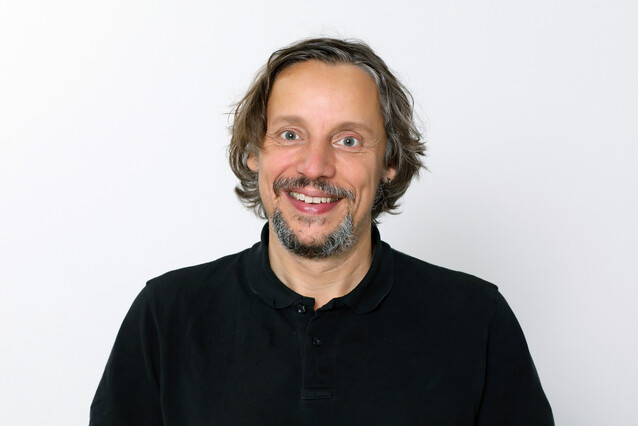Tim Clausen and collaborators secure two prestigious grants
The latest call of the Vienna Science and Technology Fund for projects in the field of chemical biology has resulted into a great success for the IMP. Out of 70 applications, eight were selected, one of which was submitted by structural biologist Tim Clausen and another by his research associate Anton Meinhart.
The Vienna Science and Technology Fund (Wiener Wissenschafts-, Forschungs- und Technologiefonds or WWTF) is a major funding source for fundamental research in Austria. Its recent call for chemical biology projects has attracted 70 applications. Only 23 were invited to submit a full proposal, eight of which will be funded. Among the final selection, two projects came from the lab of Tim Clausen.
The projects
The first IMP project was submitted by senior scientist Tim Clausen in collaboration with Noelia Urbán from the Institute of Molecular Biotechnology of the Austrian Academy of Sciences (IMBA) and Satpal Virdee from the University of Dundee.
The scientists will investigate the functions of the giant E3 ligase HUWE1, whose structure was published earlier this year. HUWE1 is an essential component of the ubiquitin-proteasome system, as it marks a broad variety of cellular proteins for degradation. The project’s main goal is to understand how HUWE1’s activity is controlled and directed towards certain substrates in specific cells. The researchers will use HUWE1 as a case study and will take an interdisciplinary approach to characterise the regulation of E3 systems that promote protein degradation.
The second project stems from a collaboration between research associate Anton Meinhart, Yasin Dagdas from the Gregor Mendel Institute of the Austrian Academy of Sciences (GMI), and Elif Karagöz from Max Perutz Labs.
Abnormal mRNA or stressful cellular conditions can cause ribosomes to collide on mRNA in the process of translation. These collisions, when happening at the endoplasmic reticulum, result in incomplete polypeptide synthesis, which is harmful to the cell. Ufmylation, a posttranslational modification, serves as a quality control mechanism and rescues stalled ribosomes at the endoplasmic reticulum. The process was only recently discovered and scientists know little of its molecular underpinnings. This project aims to use an integrative structural biology approach to reveal ufmylation’s mechanisms at the molecular scale.
Further reading
